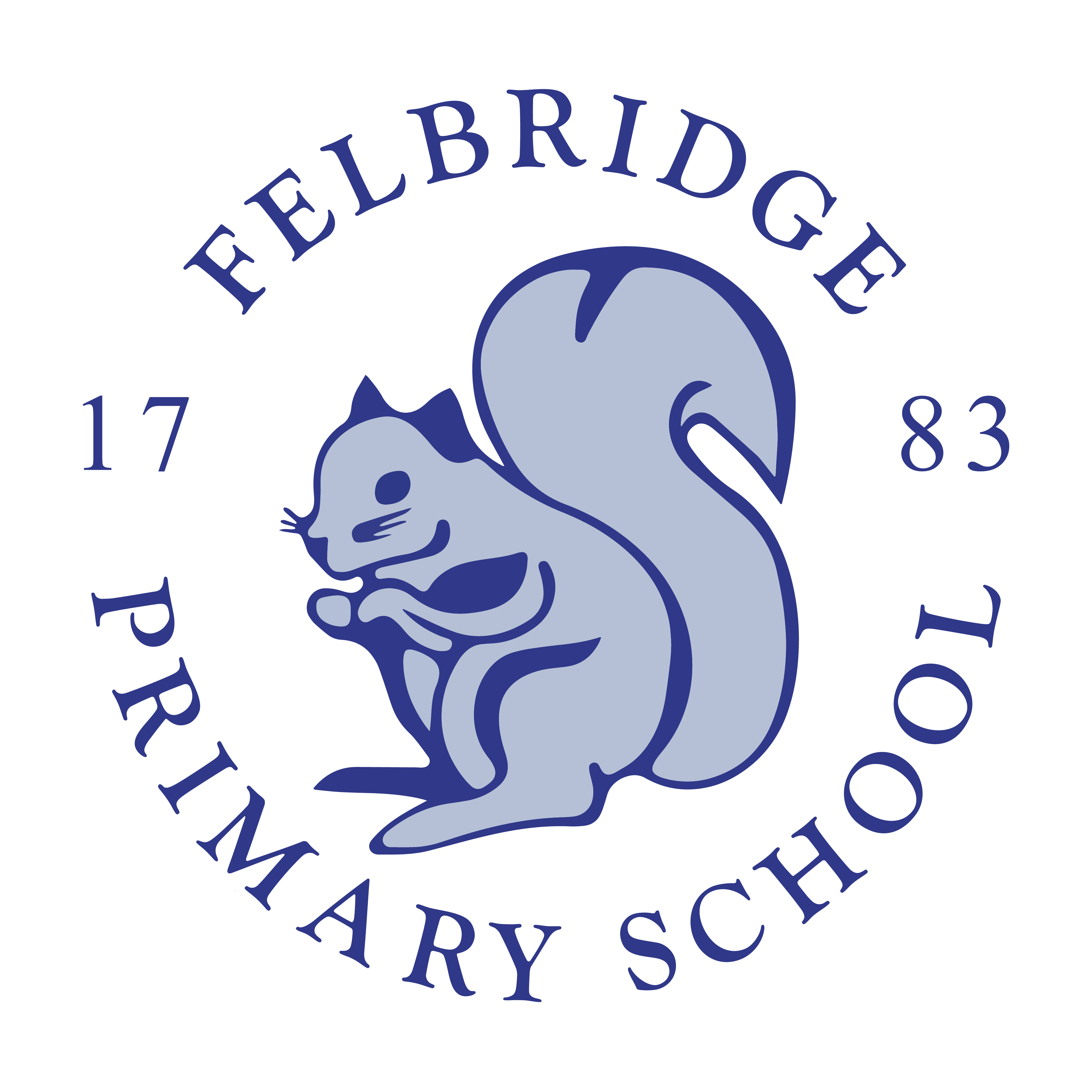PSHE
PSHE at Felbridge
What are we aiming for?
In line with our school vision – Finding the best in everyone - it is our intent that all children will be curious and creative ‘lifelong learners’ with the confidence and ability to develop their skills and understanding in new experiences, meeting new challenges and having courage when finding themselves in unfamiliar situations. We strive to develop caring and compassionate children who look after themselves, one another and the world around them.
How will we do it?
We offer a nurturing learning environment in which each child is encouraged to develop their full, holistic potential and where their achievements and successes are celebrated. As a school, we believe that children are all individuals and therefore, we aim to encourage mutual respect, responsibility and foster self-esteem in a happy and caring atmosphere. The teaching and learning of PSHE using the Jigsaw programme, along with many other complementary experiences, support this. Underpinning all of this, are our five key values – curiosity, challenge, courage, creativity, compassion.
How does PSHE at Felbridge Primary School promote diversity?
Through PSHE, our children learn to explore and understand their own feelings and values, and recognise and appreciate those of others. They recognise the need to stay safe in different situations, with different groups of people.
We follow the 1decision scheme.
How does PSHE at Felbridge Primary School help children develop an understanding of SMSC?
Intertwined within the PSHE curriculum, and underpinned by our school’s core values, is our children’s SMSC (Social, Moral, Cultural, and Spiritual) development.
Children’s spiritual development is promoted though exploring their ability to be reflective about their own beliefs, which in turn inform their perspective on life and their interest in, and respect for, different people’s faiths, feelings and values. We aim to promote a sense of enjoyment and fascination in learning about themselves, others and the world around them and a willingness to reflect on their experiences. Wherever possible, we encourage use of imagination and creativity in their learning.
Children’s moral development is encouraged through exploring their ability to recognise right from wrong and to readily apply this understanding in their own lives and in the wider world, understanding that actions have consequences. The children develop inquiring minds, investigating and offering reasoned views about moral and ethical issues and refining their ability to understand and appreciate the viewpoints of others on these issues.
Social development underpins much of school life. Through PSHE, the children explore a range of skills in different contexts, for example working and socialising with peers from a range of backgrounds, including those from different religious, ethnic and socio-economic backgrounds. Children develop a willingness to participate in a variety of communities and social settings, in and out of school, now and in later life, and explore resolving conflicts effectively. Through PSHE, an acceptance of and engagement with the fundamental British values of democracy, the rule of law, individual liberty and mutual respect and tolerance, is key. Children develop and demonstrate skills and attitudes that will allow them to participate fully in, and contribute positively to, life in modern Britain.
Children’s cultural development is indicated by their growing understanding and appreciation of the wide range of cultural influences that have shaped their own heritage and those of others. They begin to understand and appreciate the range of different cultures within school and further afield, as an essential element of their preparation for life in modern Britain.
How does PSHE at Felbridge Primary School ensure that pupil premium, SEND and other disadvantaged children can fully access the curriculum?
PSHE is, by its very nature an inclusive subject. It’s celebration of individual differences and promotion of tolerance mean that all opinions and contributions are valued and heard. Children present their learning in a variety of ways, for example, in writing or pictures, through discussion and role play, in a supportive and stimulating environment, rooted in trust and mutual respect, which enables all children to explore their ideas in a depth which may not be possible otherwise. We are also currently exploring the possibility of using whole class ‘Floor Books’ to capture the ideas of all and document learning and progress in PSHE.
|
Relationships and Sex Education will be addressed during Summer 2. |








